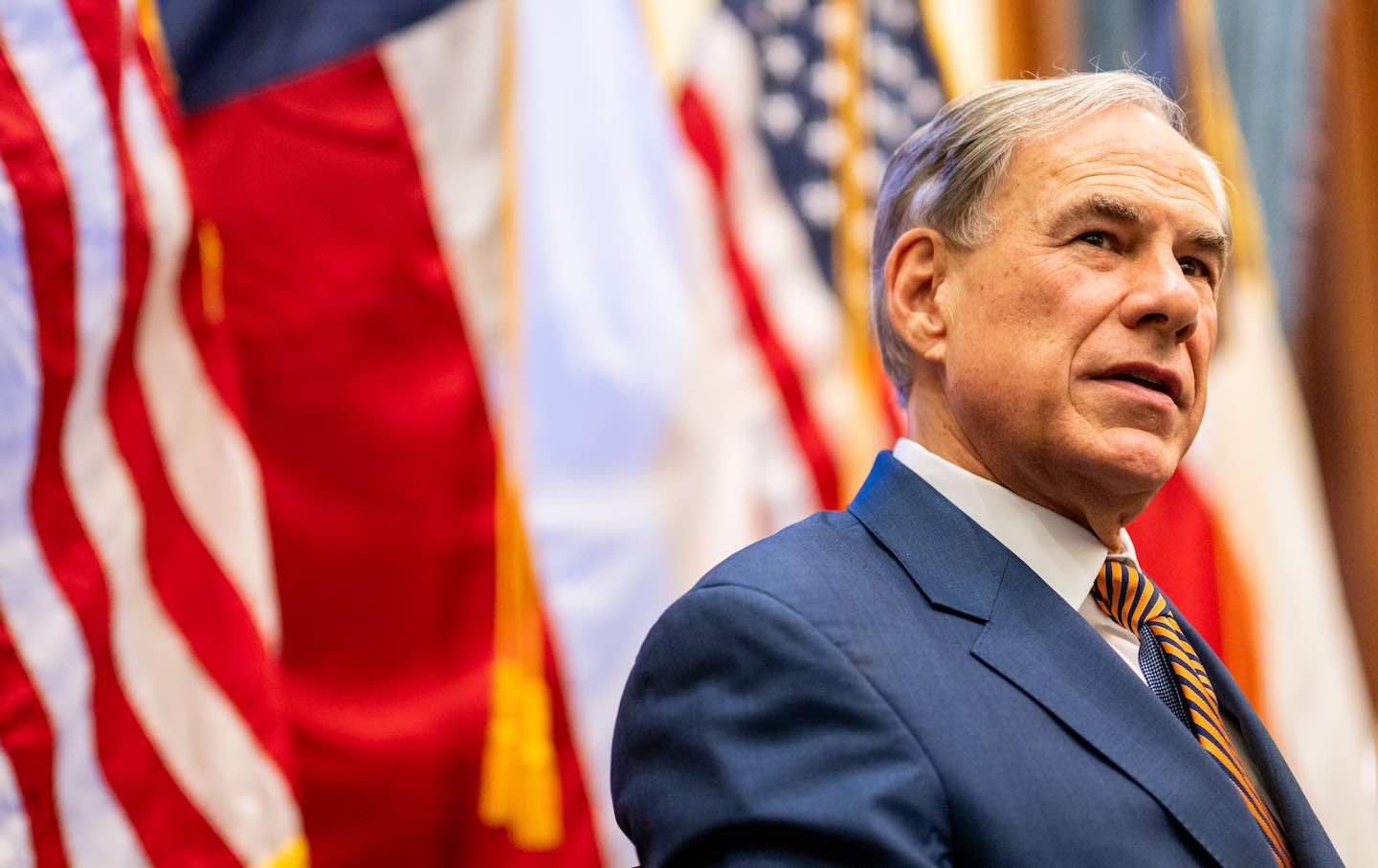
Standing next to Pfizer CEO Albert Bourla in the Oval Office last week, President Donald Trump announced that the pharmaceutical giant would lower the prices it charges Americans for its medicines. This move, however, should not distract us from the profound systemic failures that have led to the outrageous cost of prescription drugs in the United States. The launch of TrumpRx, a new government website for patients to purchase drugs directly from manufacturers, is but a band-aid on a gaping wound.
For years, politicians have promised to tackle the issue of exorbitant drug prices, a top priority for many voters. From President Barack Obama’s vocal commitments to President Biden’s recent legislation allowing Medicare to negotiate drug prices with Big Pharma, the promises have been abundant. Yet, the reality remains stark: Americans still face some of the highest drug costs in the world, and we must ask ourselves why this is the case and whether TrumpRx can truly make a difference.
At the heart of this issue lies the concept of “most favored nation” status — a policy Trump is advocating to align American drug prices with those in Europe and Canada. But what does this really mean? Essentially, it calls for the U.S. to pay the lowest price among peer countries that offer similar access to prescription medications. The problem, however, is multifaceted and deeply entrenched in the political and economic fabric of this nation.
One glaring issue is the opacity surrounding drug pricing. While other countries negotiate prices with pharmaceutical companies, often securing undisclosed discounts, Americans are left in the dark about what our counterparts around the globe actually pay. The sticker price we see is often just a part of the equation; behind-the-scenes negotiations yield net prices that remain hidden from public scrutiny. This lack of transparency is a critical barrier to achieving fair pricing for American consumers.
Moreover, the structure of the U.S. healthcare system complicates negotiations even further. Unlike countries with national health insurance that can negotiate prices on behalf of all citizens, the fragmented nature of American healthcare—featuring Medicare, Medicaid, and private insurance—limits our bargaining power. Each entity negotiates separately, creating a disjointed system where drug manufacturers can set prices with little pushback. This structure not only exacerbates inequality in access to medications but also perpetuates the cycle of profit-motivation over patient care.
The potential for effective negotiation exists, as evidenced by the practices in other countries where value assessments determine drug pricing based on clinical benefits relative to existing treatments. If a pharmaceutical company fails to meet the agreed price, they simply cannot sell their drug in that market. In stark contrast, the United States’ desire for universal access to all medications often results in a reluctance to challenge the corporations profiting from our health crises. This is a fundamental misalignment of priorities: should the health of our citizens take precedence over corporate profits?
The reality, however, is that political will and public sentiment do not always align. Every politician, regardless of party affiliation, knows that addressing drug prices is a surefire way to win favor with voters. Yet, the complexities of the drug pricing system often lead to superficial solutions rather than meaningful change. The allure of splashy announcements can overshadow the necessary, albeit tedious, policy reforms that are required to address such a deeply-rooted issue.
Trump’s recent announcement may seem like progress, but it is unlikely to result in any tangible change for the average American. Even those relying on Pfizer’s drugs may not witness a difference in what they pay. While the option to buy medications online may resemble the savings many find with generic drugs, branded medications remain prohibitively expensive, often rendering these alternatives ineffective for most consumers.
It is clear that a major overhaul of the healthcare system is needed to address the entrenched inequities surrounding drug pricing. As we witness the ongoing struggles of countless patients who are forced to choose between their health and financial stability, we must confront the systemic injustices that fuel this crisis. The time for accountability is now; we must demand transparency in pricing, equitable access to healthcare, and a system that prioritizes human rights over corporate greed.
The question remains: will we continue to accept half-measures and hollow promises, or will we rise to challenge the entrenched powers that have allowed this situation to persist? As citizens of a nation that prides itself on liberty and justice for all, we owe it to ourselves to advocate for a healthcare system that genuinely serves the people. The fight for affordable prescription drugs is not just a political issue; it is a moral imperative that we cannot afford to ignore.
This article highlights the importance of DRUG PRICES EXPOSED.


